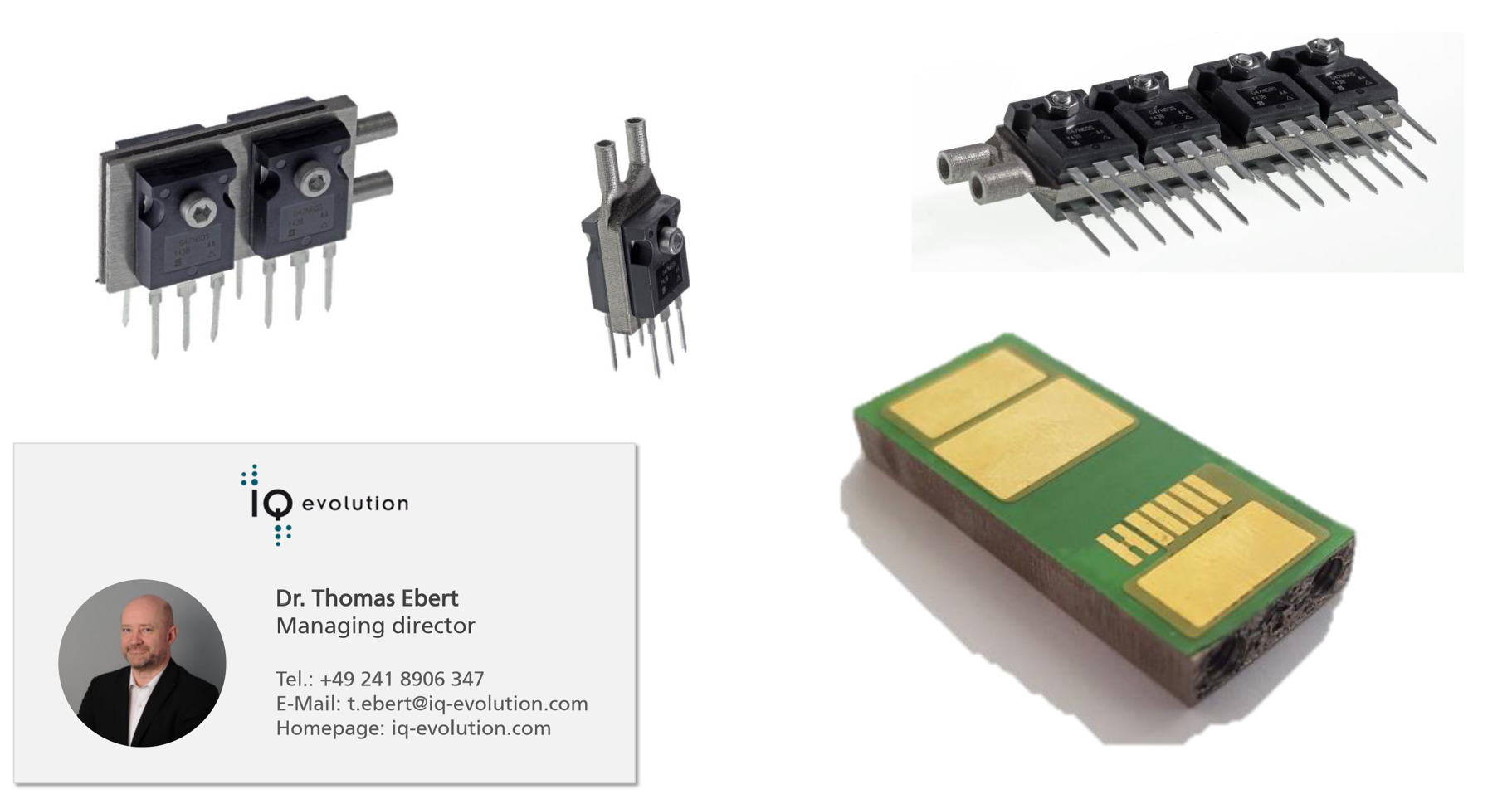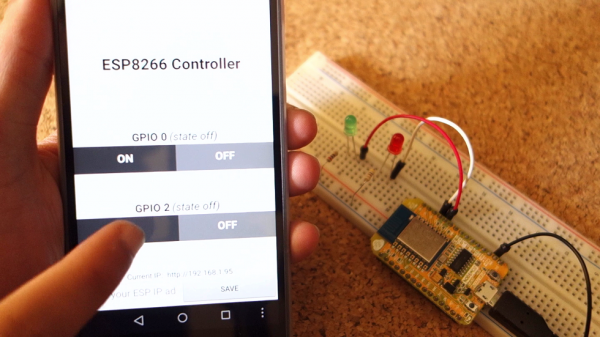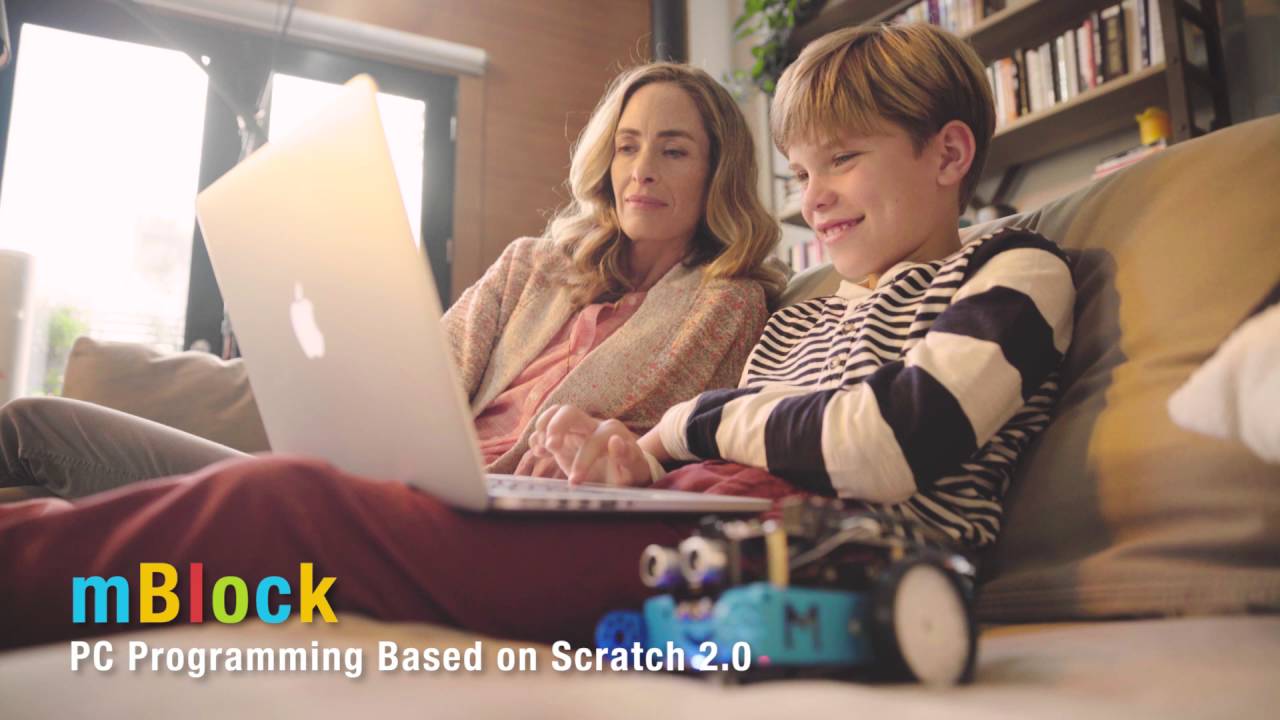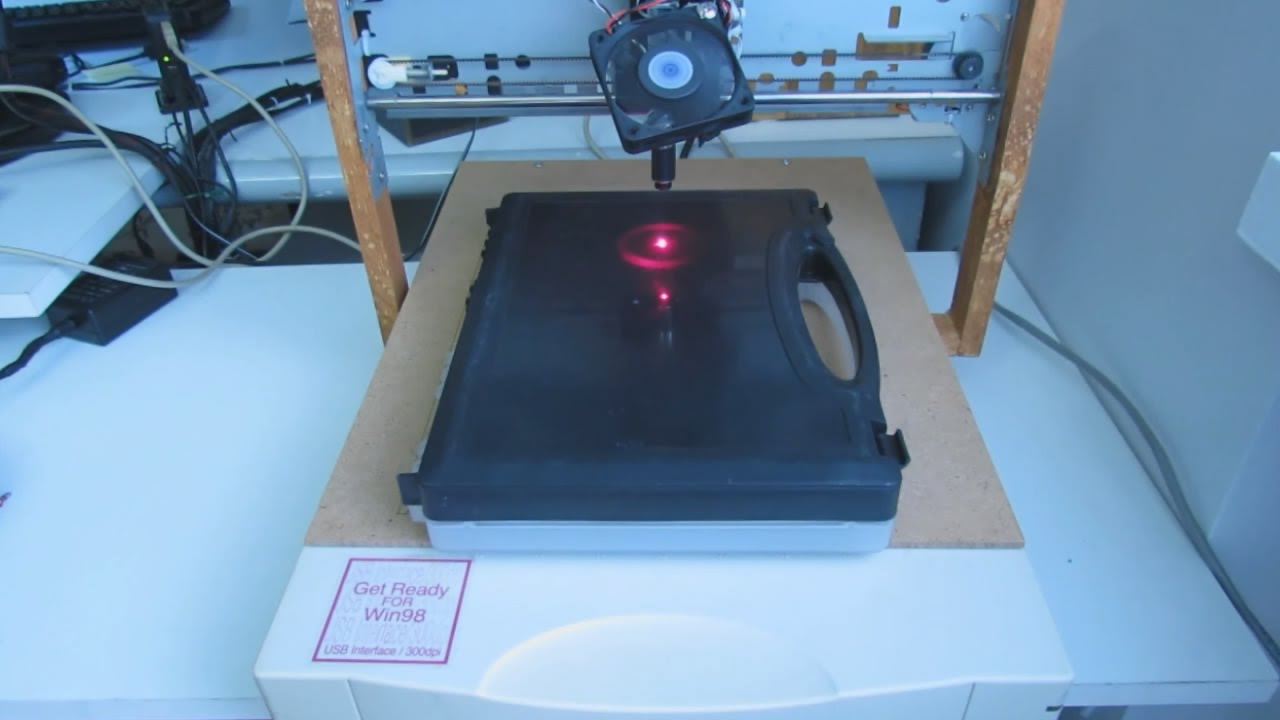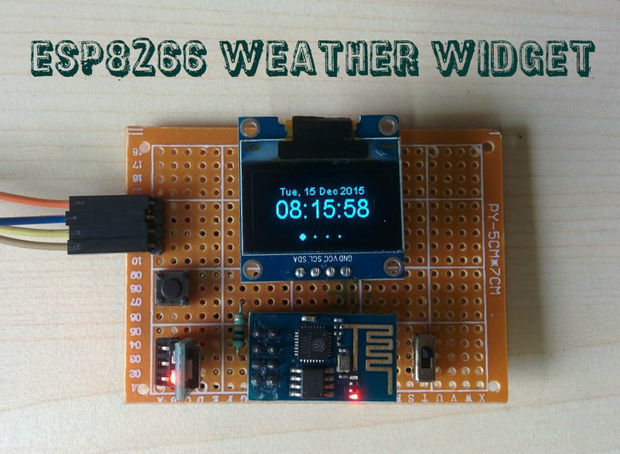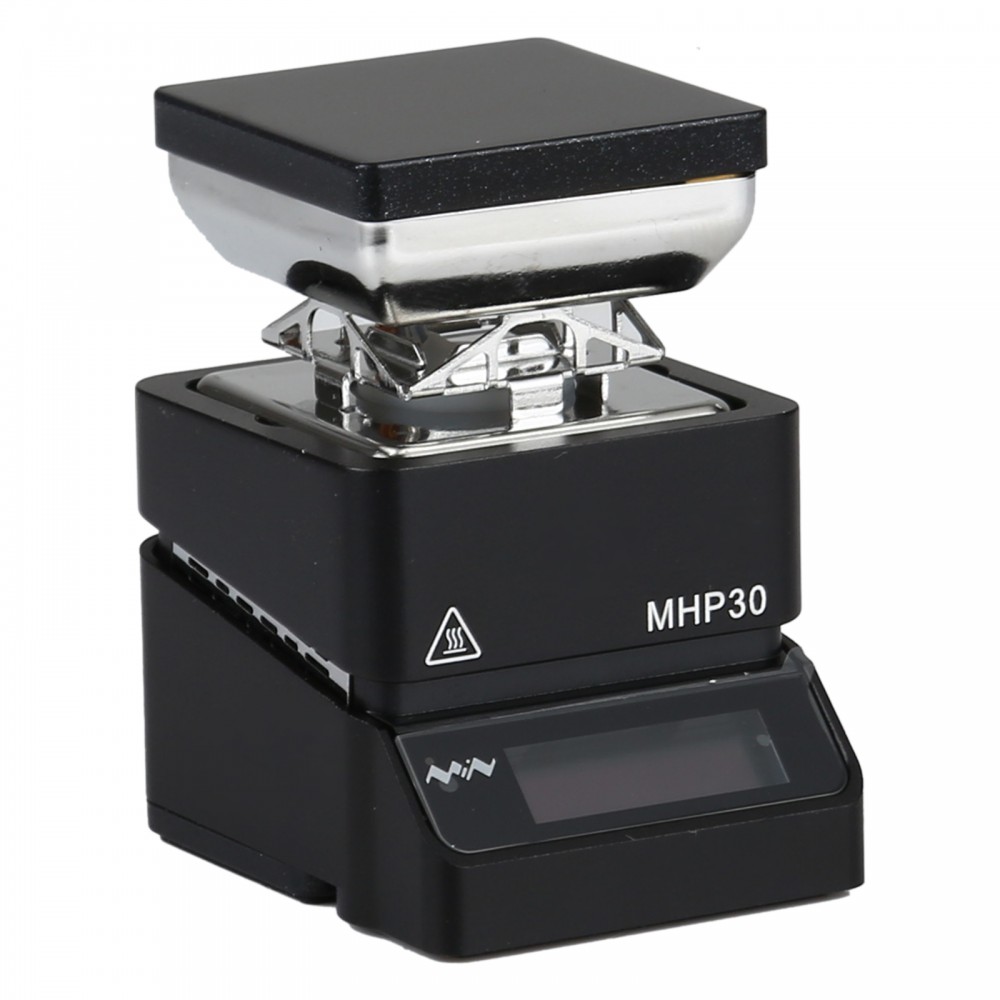The Sequoia was designed for reliable and long-lasting use in rugged environments, typical of industrial settings. It supports an automotive-grade power supply range (8 to 32Vdc) with a locking connector and is able to withstand a maximum relative humidity of 95% @ 40C and a wide operational temperature range of 0 to 60C. To enhance maintenance, the Sequoia also features a built-in health monitoring system which includes; a controllable fan, hardware monitoring and a watchdog timer.
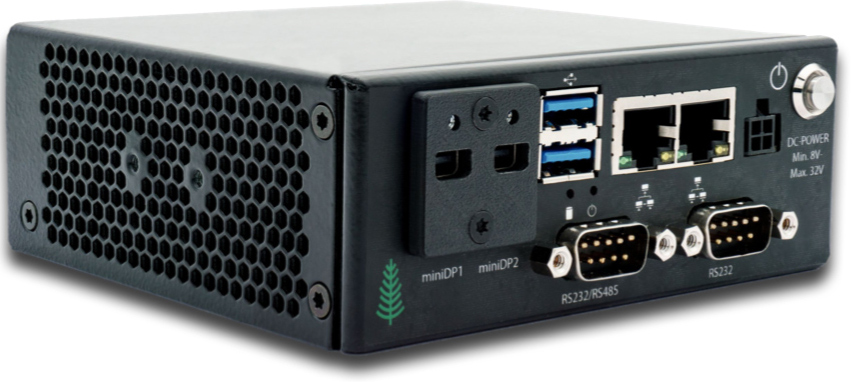
Simply NUC, the company behind several Intel NUC based SBCs like the Apollo Lake based NUC 8 Rugged, recently announced the launch of a new mini-computers codenamed; “Sequoia”.

The Sequoia is Simply NUC’s first AMD-powered mini computer and it is aimed at applications around AI, Edge Analytics, robotics, POS, digital signage and industrial IoT or computing, thanks to it’s rugged and robust build.
The Sequoia is built around AMD® Ryzen™ processors, which gives it the ability to run most of the popular operating systems including; Windows 10 and several Linux distros, giving developers the flexibility to develop the exact solution they require without compromises.
In terms of features, in order to accommodate the requirements for the plethora of applications for which the Sequoia can serve, and keep the Simply NUC’s tradition of providing all their Mini PCs with very extensive connectivity features, the Sequoia comes with two serial ports, two gigabit Ethernet ports (controlled using Intel’s i210-LM), two locking Mini Display Ports, Serial RS-232/Serial RS-485 video outputs, Wi-Fi 5 and Bluetooth 5, optional microSD card reader, and several USB 3.1 Gen 2 port. To give users additional connectivity options, the Mini PC also comes with three(3) M.2 slots through which things like a wireless-AC card, an LTE Modem and (or), an SSD storage device can be connected to the sequoia. To provide multiple mounting options, the chassis of the mini PC is designed to support DIN rail and VESA mounting plate, giving users a choice on how the device is installed.
To give users some level of options, Simply NUC two versions of the Sequoia exist; The Sequoia V8 and the Sequoia V6.

The Sequoia V8, also called the LLMv8SQ, is based on the AMD Ryzen V1807B Quad-Core Processor with 3.8GHZ turbo speed. It runs an AMD Radeon VEGA 11 graphic card at up to 1.3GHz speed. A breakdown of the features of the V8 is provided in the image below.
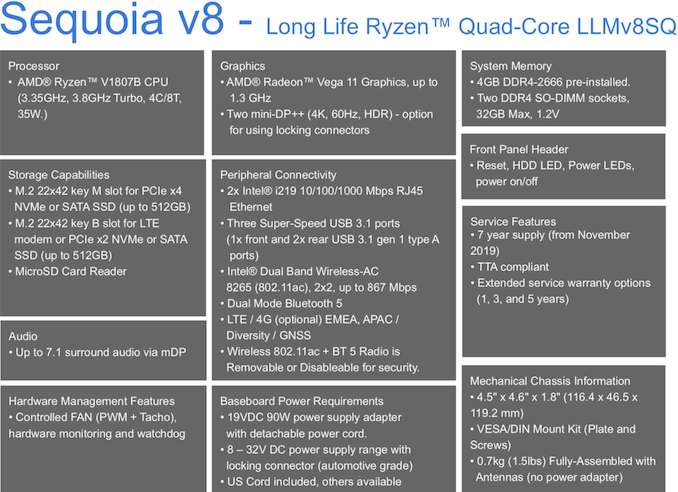
The Sequoia V6, on the other hand, is based on the AMD Ryzen V1605B Dual Core processor with 2GHz and 3.2GHz turbo speed. The Sequoia V6 runs the AMD Radeon VEGA 8 Graphics card. Some of the features of the V6 are highlighted in the image below.
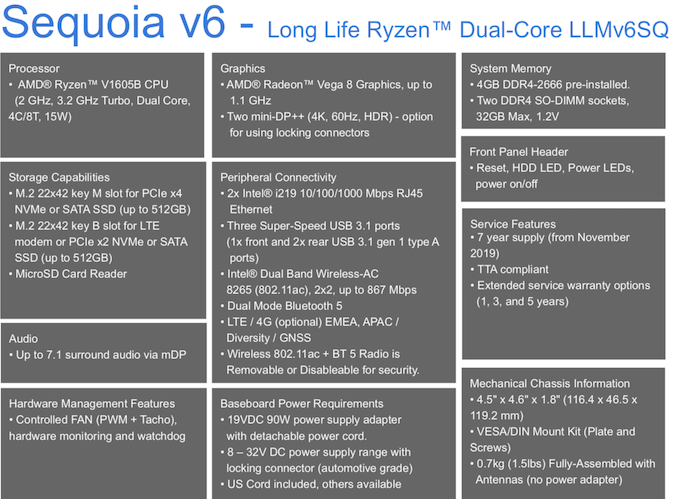
Comparing the features, it is clear that the most important difference between these two models is the difference in the type of processor and graphics card used. This may be significant when you have to select between the two versions, especially if the use case is one with computational complexities.
According to Simply NUC’s product page for each of the MiniComputers, when ordering with default configurations, the Sequoia v6 will cost $689 while the Sequoia V8 will cost as much as $849 however, the product page allows users to select different add-ons and modification which could take the cost of each of the models way beyond these estimates.
Simply NUC’s is promising users a 7 years of support for the boards which is a huge relief, as one of the biggest challenges users have is manufacturers terminating support for a project just a year after developing it.
More information on the Sequoia V8 and V6 can be found on Simply NUC’s Website.




